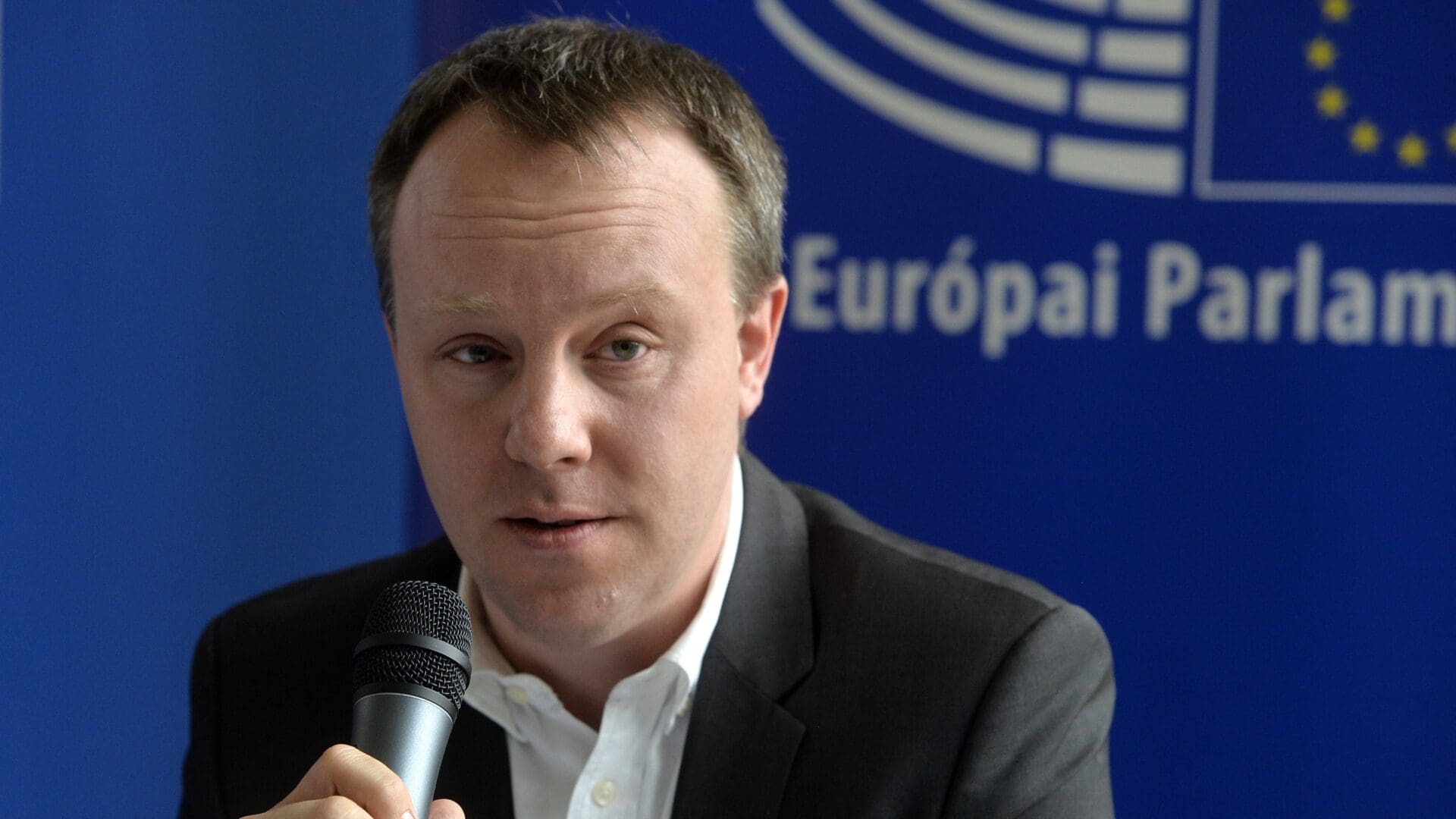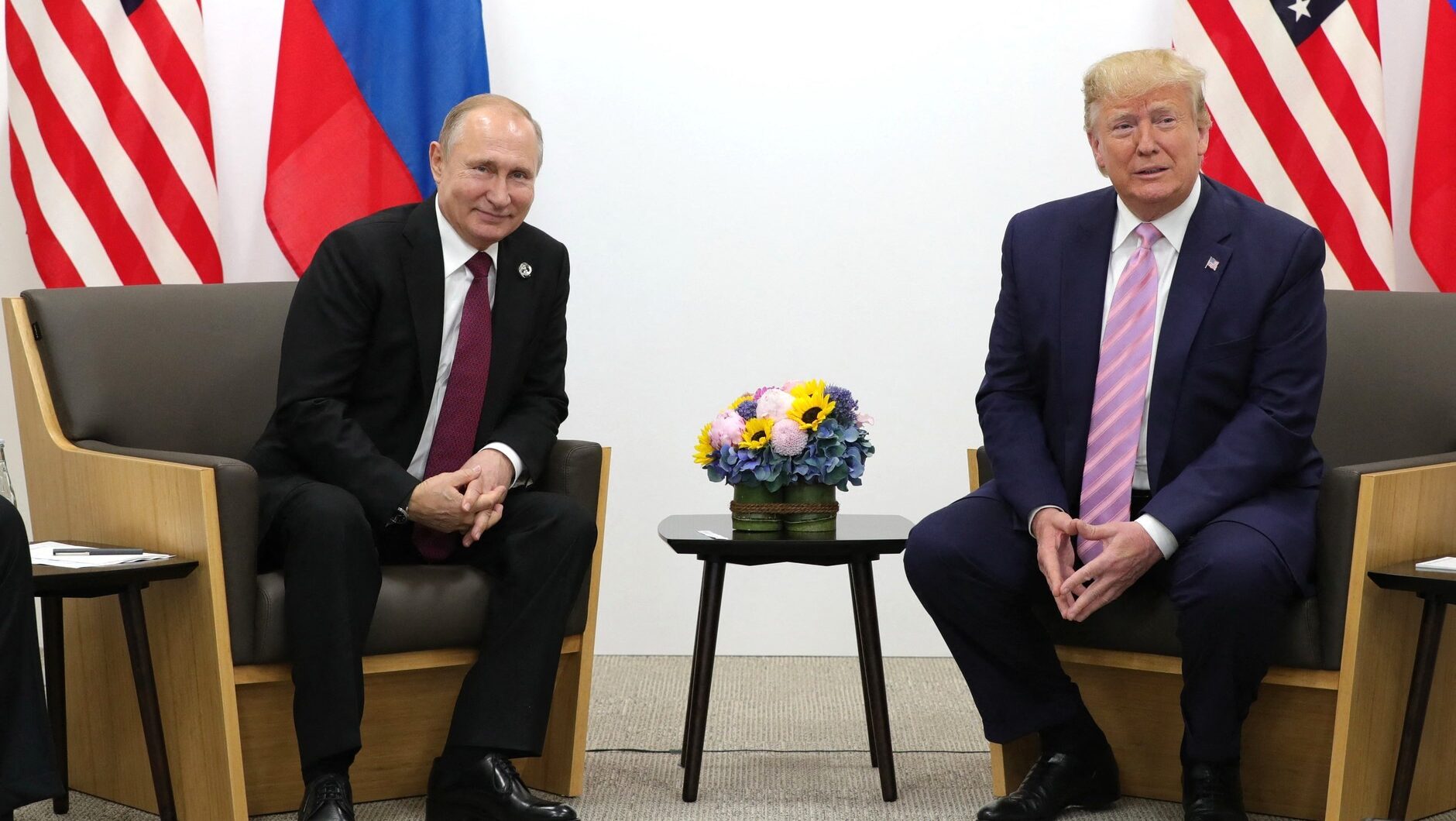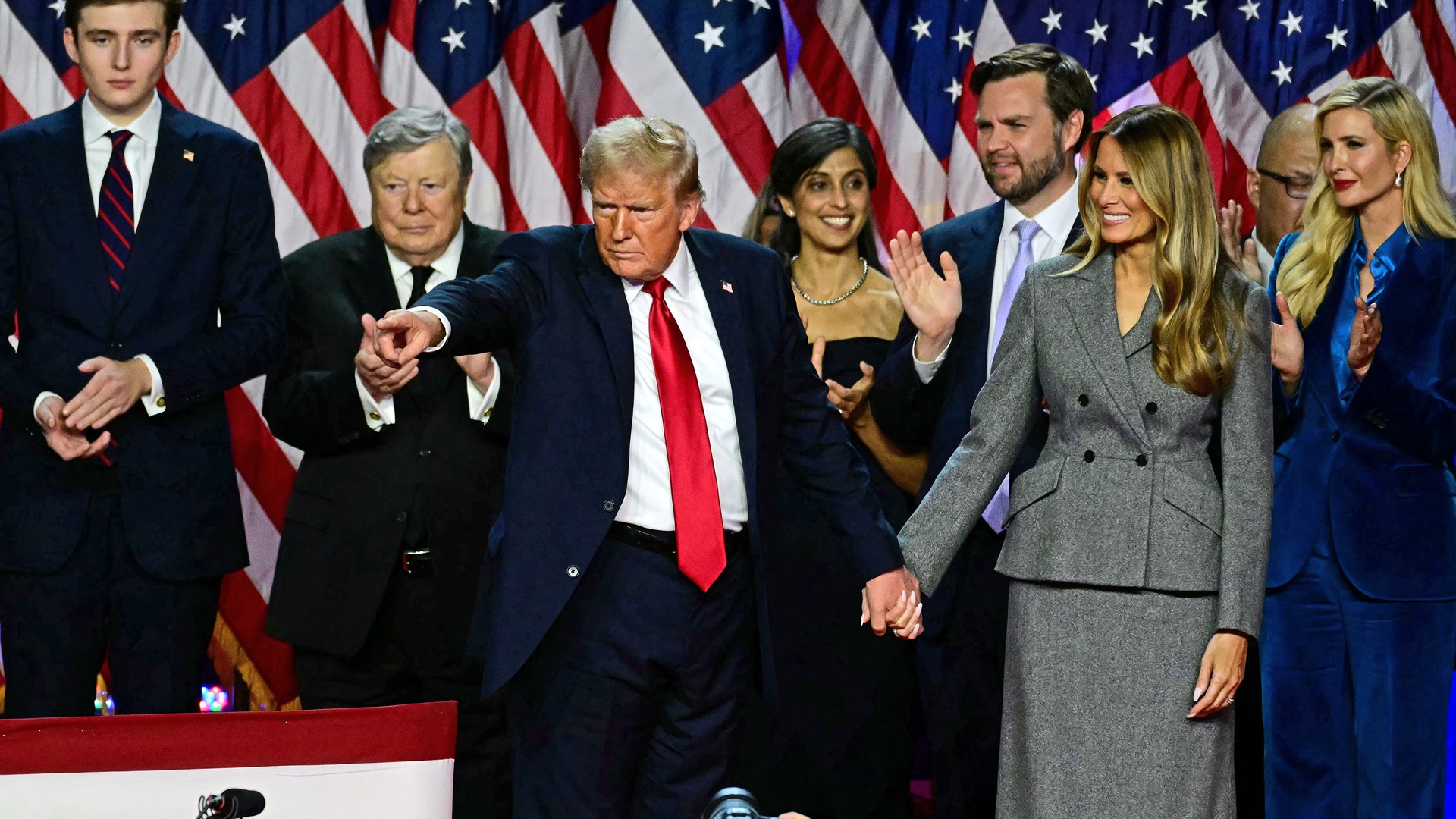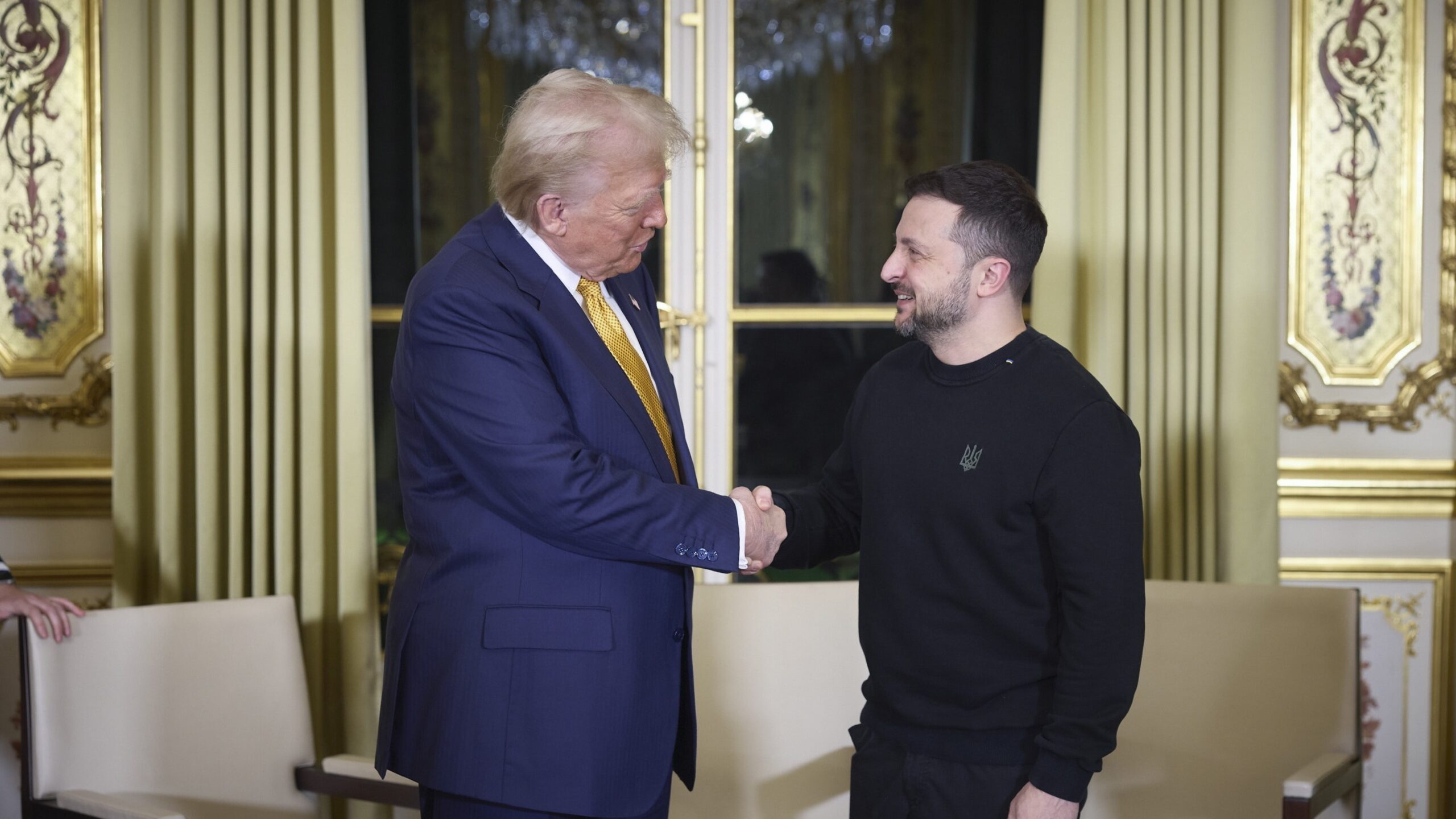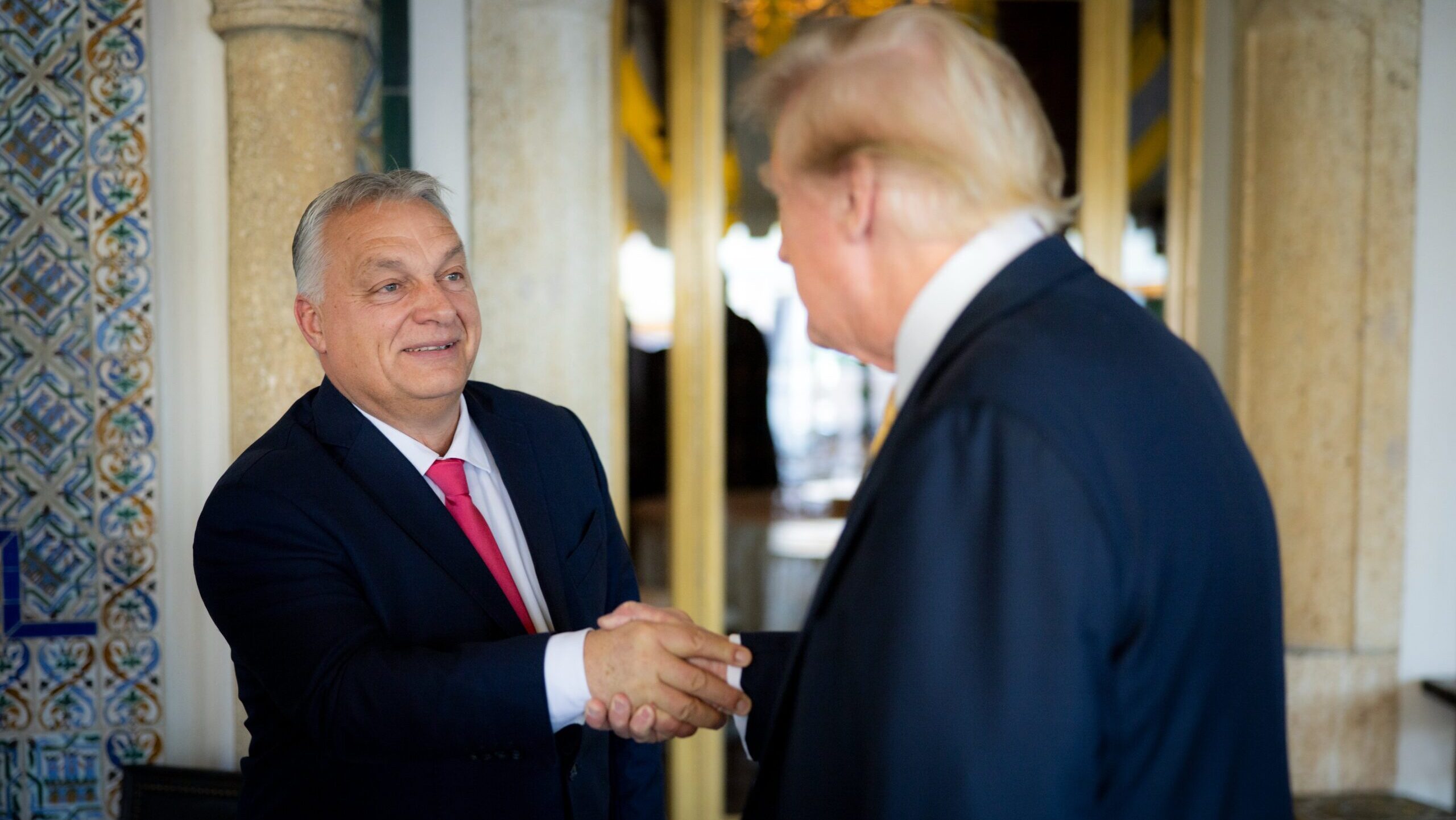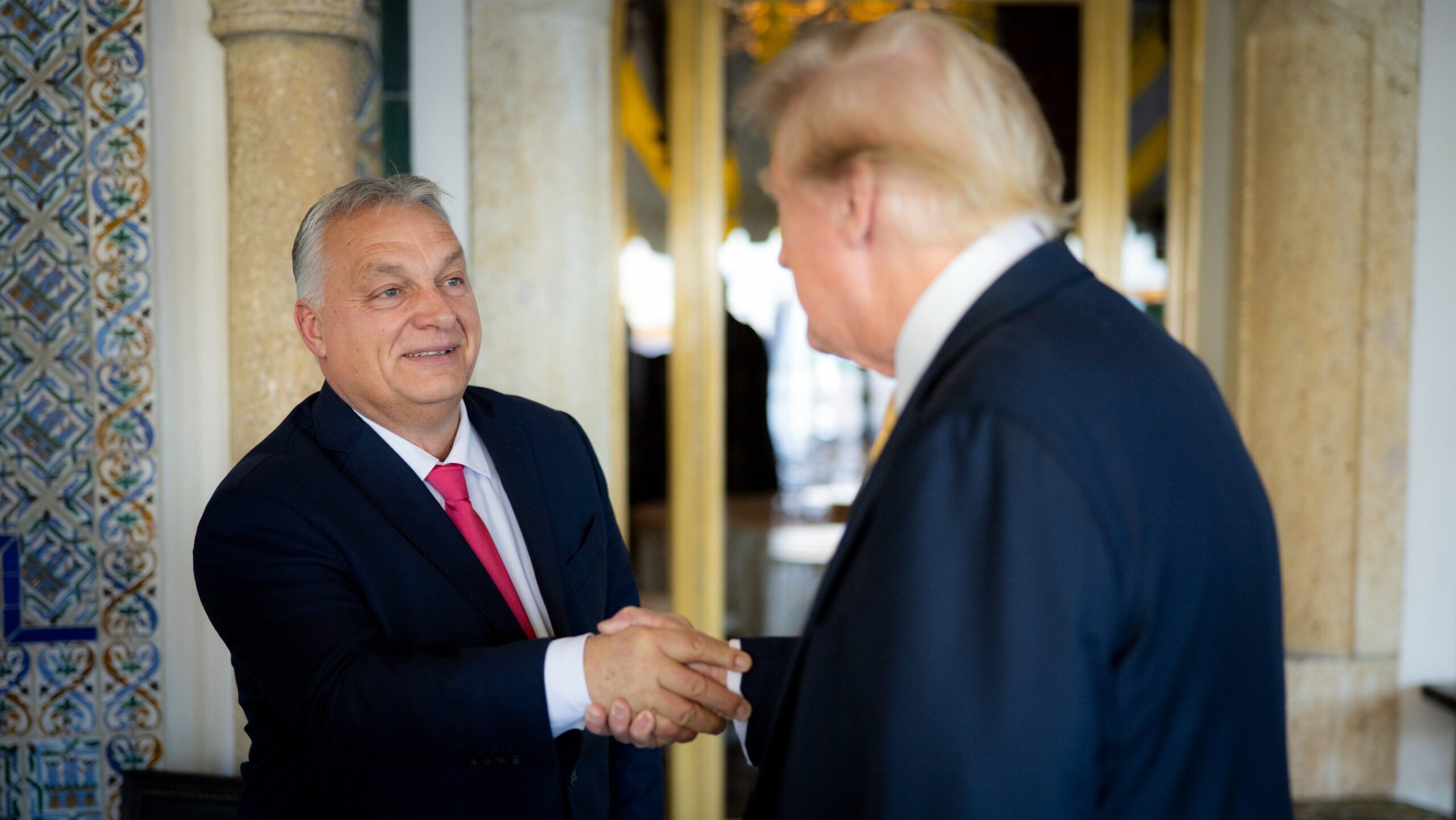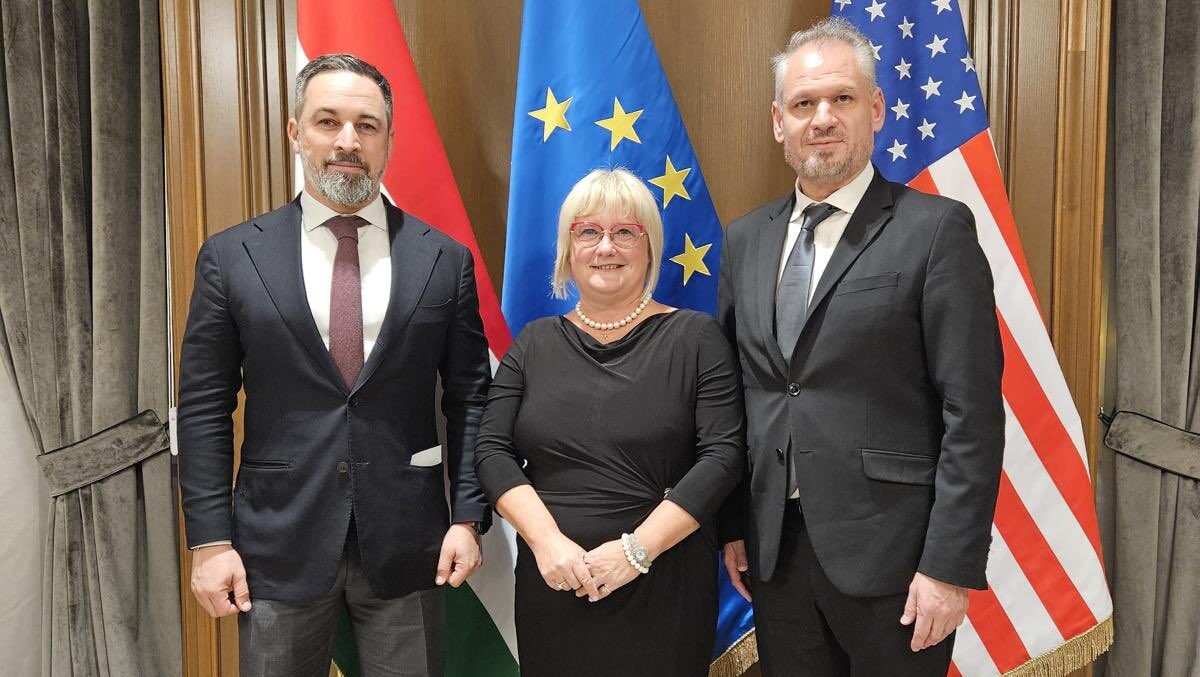
Hungarian Patriots for Europe First Vice-President Kinga Gál to Attend Trump Inauguration
First Vice-President of Patriots for Europe, Kinga Gál, will lead the right-wing European Parliament political group’s delegation at Donald Trump’s inauguration in Washington on Monday. The ceremony, unconventional in many ways, will be the first since Ronald Reagan’s in 1985 to be held indoors due to extreme cold.

